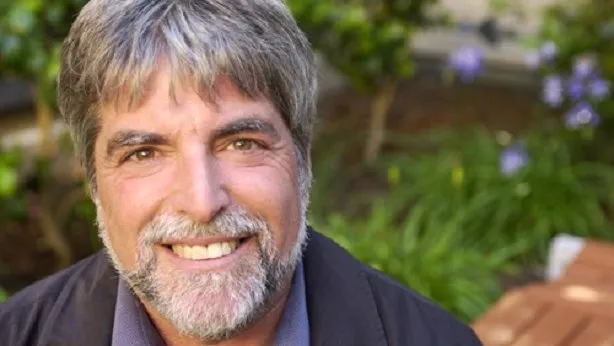This is indicated by the results of an investigation led by American scientists and doctors who have been published in Science Translational Medicine.
An immunotherapy for type 1 diabetes has exceeded phase I of clinical trials.The results of the research, led by American scientists and doctors, have been published in Science Translational Medicine.The achievements harvested in the oncological field by these types of strategies could be extended to diabetes.
The therapy has been safe and the infused cells to the 14 patients who participated in the essay survived for at least a year.The team led by immunologist Jeffrey Bluestone, from the University of California in San Francisco, plans to initiate Phase II soon.
Jeffrey Bluestone, from the University of California in San Francisco.(USCF)
The strategy was based on the adoptive transfer of regulators T lymphocytes (TREG) to people with recent -initial type 1 diabetes.That is, the cells were extracted from the blood of the patients, treated in the laboratory and reintroduced in the body of the patients.
The lymphocytes prepared for the transfer showed an augmented activity compared to those not treated, which would constitute a sample of their repair potential of the poor immune response of type 1 diabetes. The objective is that these cells stop the destruction of cellsbeta keeping intact the response of the immune system against infections.
No adverse effects
For now, what has been achieved is that transferred cells, in addition to persisting in the long term, do not generate any adverse complication or effect related to treatment.
Researchers believe that this method could be combined with other immunotherapies aimed at stimulating the activity of the TREG to treat type 1 diabetes.
"The treatment of type 1 diabetes has traditionally been based on the administration of immunosuppressive drugs, but this trial gives us a new way of moving forward. With the use of TREG cells to re -educate the immune system we could be able to change the courseFrom this disease, "Bluestone concluded.



